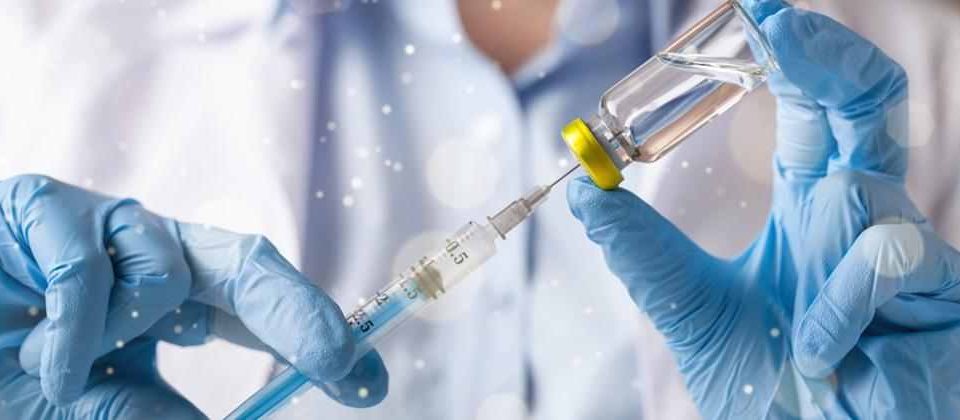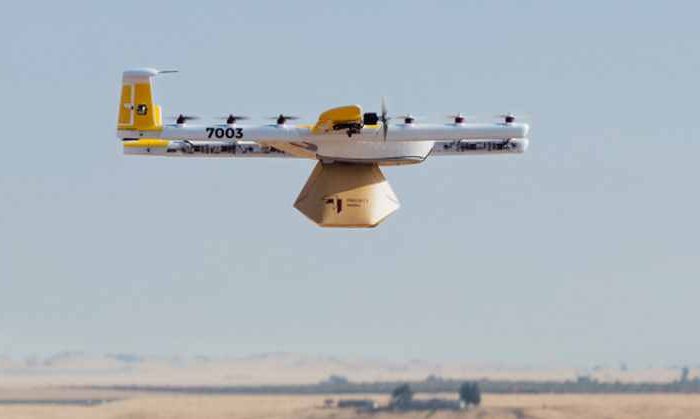AstraZeneca to supply Europe with up to 400 million doses of Oxford University’s potential COVID-19 vaccine

Pharmaceutical giant AstraZeneca announced over the weekend that it has reached an agreement with Europe’s Inclusive Vaccines Alliance (IVA), spearheaded by Germany, France, Italy and the Netherlands, to supply up to 400 million doses of the University of Oxford’s potential COVID-19 vaccine, currently in clinical development.
The new partnership agreement will enable IVA to accelerate the supply of the potential vaccine and to make it available to other European countries that wish to participate in the initiative. AstraZeneca Chief Executive Officer Lorenzo Wittum confirmed in an interview to Rai 3 TV Agora broadcast on Monday. He said the company is in its lst phase of the clinical trials of the potential COVID-19 vaccine. As part of the agreement, the British-Swedish pharmaceutical will explore further additional global capacity to provide broad and equitable access at no profit during the pandemic.
In a Twitter post on Saturday, Italian Health Minister Roberto Speranza, said: “I have just signed with the ministers of Germany, France and Holland the first agreement for 400 million doses for the most promising Covid vaccine. An important first step. Only with the vaccine will we finally win Covid.”
Ho appena firmato con i ministri di Germania, Francia e Olanda il primo accordo per 400 milioni di dosi per il più promettente vaccino anti Covid. Un primo passo avanti importante. Solo con il vaccino vinceremo definitivamente il Covid.
— Roberto Speranza (@robersperanza) June 13, 2020
AstraZeneca said that it’s also seeking to expand manufacturing capacity further and is open to collaborating with other companies in order to meet its commitment to support access to the vaccine at no profit during the pandemic. “Italy has not yet purchased doses of the vaccine — which are not yet available — but rather signed a contract to keep supporting this scientific research,” Italy’s Deputy Health Minister Pierpaolo Sileri told state-run RAI Radio 1.
On Saturday, Health Minister Roberto Speranza anticipated the finalization of the deal with the three above-mentioned European Union (EU) partners, within a sort of “vaccination alliance” to financially support what was deemed as one of the most encouraging vaccine research — the AstraZeneca’s — and thus to be ready for promptly purchasing the drug in a later phase.
“Along with Germany, France, and the Netherlands, I have just signed the first deal for the supply of up to 400 million doses of the most promising COVID-19 vaccine to be destined to the whole European population,” Speranza wrote on Twitter and Facebook.
Pascal Soriot, Chief Executive Officer, said:
“This agreement will ensure that hundreds of millions of Europeans have access to Oxford University’s vaccine following approval. With our European supply chain due to begin production soon, we hope to make the vaccine available widely and rapidly. I would like to thank the governments of Germany, France, Italy and the Netherlands for their commitment and swift response.”
The Company has recently completed similar agreements with the UK, US, the Coalition for Epidemic Preparedness Innovations and Gavi the Vaccine Alliance for 700 million doses, and it agreed a licence with the Serum Institute of India for the supply of an additional one billion doses, principally for low-and-middle-income countries. Total manufacturing capacity currently stands at two billion doses.
Oxford University last month announced the start of a Phase II/III UK trial of AZD1222 in about 10,000 adult volunteers. Other late-stage trials are due to begin in a number of countries. AstraZeneca recognises that the potential vaccine may not work but is committed to progressing the clinical programme with speed and scaling up manufacturing at risk.
The Company’s comprehensive pandemic response also includes rapid mobilisation of AstraZeneca’s global research efforts to discover novel coronavirus-neutralising antibodies to prevent and treat progression of the COVID-19 disease, with the aim of reaching clinical trials in the next three to five months. Additionally, the Company has quickly moved into testing of new and existing medicines to treat the infection, including the CALAVI trials underway for Calquence (acalabrutinib) and the DARE-19 trial for Farxiga (dapagliflozin) in COVID-19 patients.

